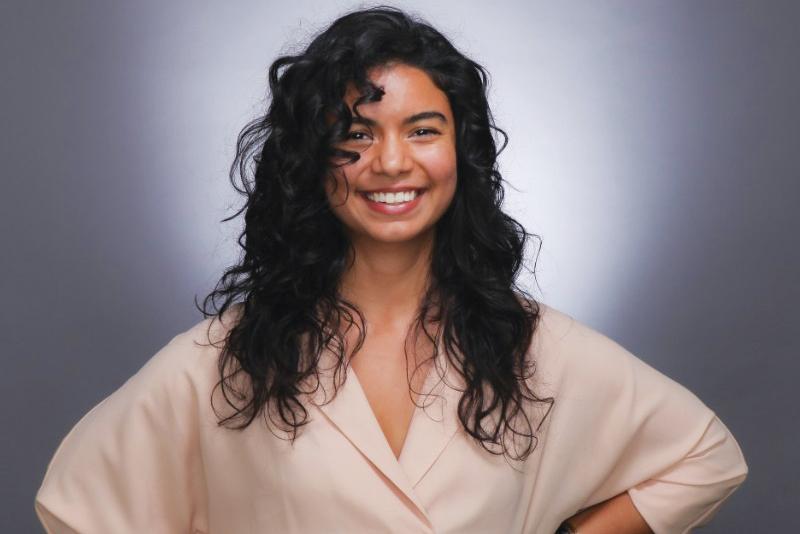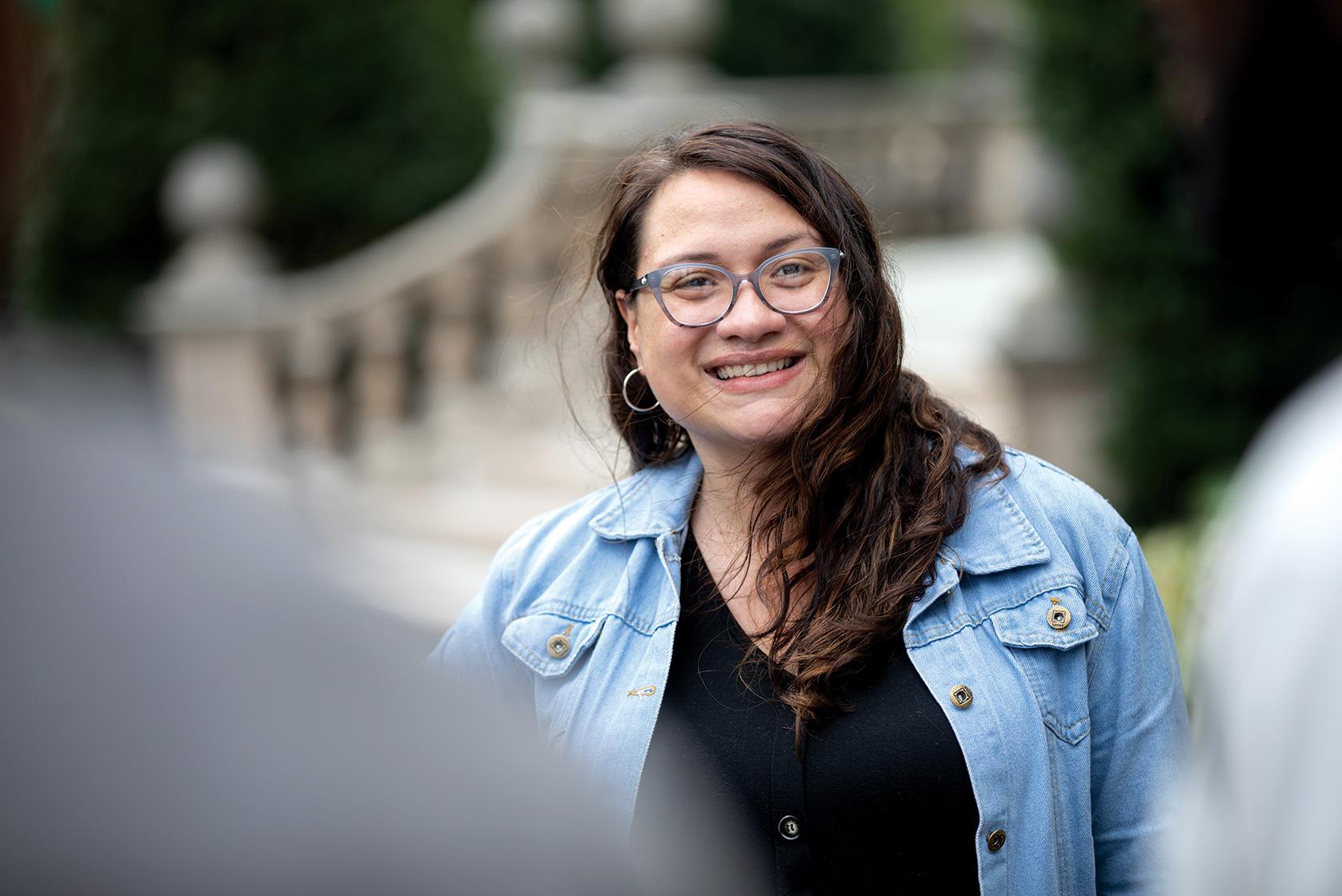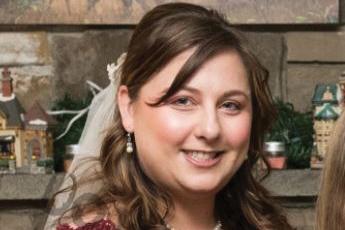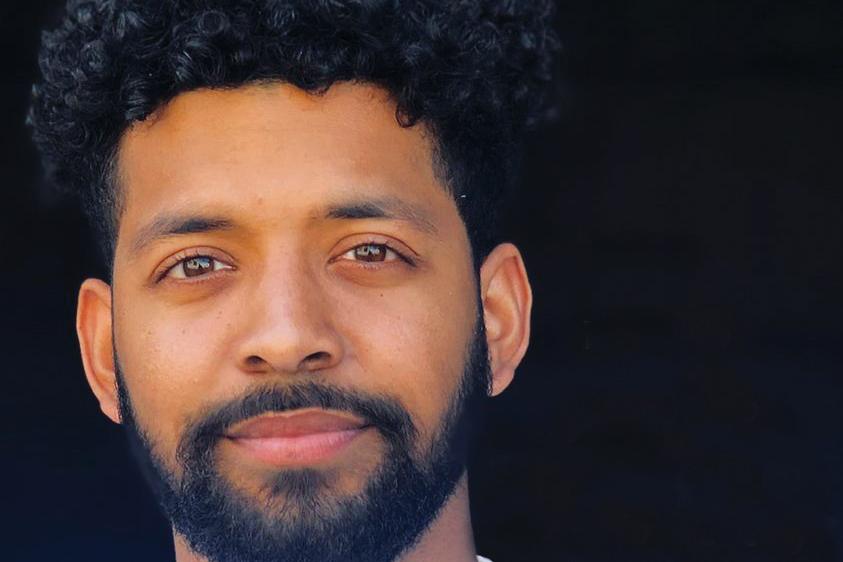Gateway to Success: Arcadia’s Commitment to a Historic Legacy

As the first person in her family to attend college, Noriette Suarez ’14 says she didn’t know what to expect from university classes or campus life. She did come with three main goals: to succeed, to graduate, and to secure a career in business.
When she applied to Arcadia University, Suarez was invited to join Gateway to Success, a program providing college access and academic support to capable students who might not otherwise get such a chance. She also was chosen for Act 101, a state program under the Gateway umbrella that supports economically and educationally disadvantaged Pennsylvania residents.
“It seemed like a great opportunity,” says Suarez, recalling her reaction as a nervous high school senior upon hearing about Gateway to Success/Act 101. “It was the extra help and guidance I needed because I had no idea what I was doing.”
Gateway became integral to Suarez throughout her time at Arcadia, from its Summer Bridge program that helps first-year students prepare for college to sessions on learning strategies, tools to achieve academic and personal goals, advice and support from peer mentors, and regular counseling with program staff. Along the way, Gateway student scholars often build friendships that last beyond graduation.
Suarez majored in International Business and Culture and was a Gateway peer mentor for several years. After graduating, she landed a position with Pond Lehocky, LLP, and today works as an account manager for FreedomPay, a financial technology company and data- driven commerce platform.
“I credit Gateway with my success,” Suarez says. “It was the first big community that helped me do something I was proud of.”
Hundreds of Gateway participants have traveled a similar path at Arcadia–making the transition from unsure student to confident college graduate–since the program began 30 years ago. Cristina Cintrón-Marsh, who was appointed director of Act 101/Gateway in 2021, notes how Gateway’s key role in guiding and supporting its student scholars was tested in 2020 due to the disruptions caused by COVID-19. Program staff stayed in touch with participants, helped a few who lacked internet access or computers, and transformed the residential Summer Bridge program into an online experience.

A Community of Support
Gateway participants may come from less rigorous schools or disenfranchised communities, or they may have lower test scores than needed to meet admission criteria. Some might never have studied science in a well-equipped school laboratory or written a research paper. Act 101 students have limited family incomes.
Over the past 11 years, Gateway has had nearly 500 participants from varying socioeconomic, racial, and ethnic groups. “We all came from different backgrounds. We were told, ‘When you go on campus, most of your classes are not going to be as diverse as this,’” says Mercy Joseph ’22. “Everybody bonded really well.”
About half of those in Gateway are first- generation college students, as are some of the program’s faculty.

“I didn’t think I had the capabilities to live up to college standards, but they eased me into it [with the Summer Bridge program],” said Alassane Sow ’24, who is the first in his family to attend college. “As soon as my freshman year began, I just started going. I believe the program is the reason why I made the Dean’s List in fall 2020.”
Sarah Bretz Pirelli ’14, an engineer at Fres-co System USA, says she had good academics but her family struggled financially. The Act 101 program covered some expenses for textbooks and a Preview trip to Mexico. “It opened up a door for me,” she says. “The assistance and support made the transition of being in college a little bit easier.”
For many, Gateway is, first and foremost, a community of supportive friends and advisers. Blessing Dousuah ’22 suffered a significant family loss in 2019 and took a month off from school. When she returned to campus, program staff were there “if I needed somewhere to go for a cry. Their door was always open,” she says. “I think about the Gateway program as a family.”
A Summer Bridge
Before most Gateway students start at Arcadia, they attend the five-week Summer Bridge program, so named because it strengthens the transition to college. This residential session helps them acclimate to campus, experience coursework and on-campus housing, and familiarize themselves with resources such as the Writing Center and Learning Resource Network. There are social and cultural activities as well.
All of that was new to actor Wilfredo Amill ’18. To him, the summer program was “a big gift” that helped him make friends, meet faculty and staff, and get a better idea of the academic demands ahead. Summer Bridge participants take three courses in five weeks: Writing for College (4 credits), Becoming a Lifelong Learner (1 credit), and an elective (4 credits). Facing that schedule, Amill remembers thinking, “This program’s intense; we have a lot of work to do and we don’t have a lot of time. If I can do this and do it well, I can graduate from this school.” And he did.

Each student has a peer mentor. “I talked about my anxieties and stress about college,” says Jacob Stone McCrea ’21. When he worried about a Summer Bridge course final paper, he discussed it with his mentor. “They’re a sounding board for where you’re at.” In turn, he became a program mentor. “It’s really rewarding to be on the other side, helping incoming freshmen succeed,” says McCrea, who was president of Arcadia’s Class of 2021 and now works in Arcadia’s Office of Civic and Global Engagement via Americorps.
Summer Bridge attendees are either recommended or required to take the session and must successfully complete it to enroll for fall. Joseph admits she wasn’t thrilled about going but soon realized what there was to gain. She learned how to write a paper, talk with professors and students, find her way around campus, manage time, and be independent. Plus, she earned course credits.
“Without it, I would have struggled freshman year,” she says. “In a way, the program helped me find the college student version of myself.”
The assistance and support made the transition of being in college a little bit easier.
– Sarah Bretz Pirelli ’14
Summer Bridge went virtual in 2020 due to the pandemic. That disappointed Sow, who worried about making friends and taking classes online. Those fears disappeared after the first week. “I figured out my rhythm and what I needed to do,” he says. “The program gave me guidance and a peer mentor. It made things easier.” Chatting on Zoom before classes, playing games online together, and taking part in virtual activities all made a positive impact on Sow as he embarked on his college experience at Arcadia.
Before the online program began, Gateway staff visited many of the participants in person, using pandemic protections. They brought welcome baskets of Arcadia gift items, snacks and an Arcadia rental iPad. Says Sow, “It made me feel like they cared.”
Staying on Track
Gateway’s student scholars enter Arcadia as undeclared majors. They take the second half of the learning strategies course that begins in Summer Bridge (even if they don’t attend that session). The fall class focuses on identifying their strengths, areas to improve, techniques for reading textbooks, taking notes, studying, and succeeding at tests.
Scholars meet regularly with staff to talk about their interests and goals. Those conversations, says Amill, helped him decide to be an actor and guided him on how to achieve that. Gateway also connected him with a scholarship to study abroad in South Africa.
Act 101 funds a lending library from which students may borrow textbooks or have one book purchased per student each semester. The program also lends laptops, calculators, and audio recorders. A grant from the Joseph Alexander Foundation helps support study abroad travel and the lending library.
Gateway’s services keep participants on track. McCrea has a learning disability, and the program helped with academic support and advocacy. Dousuah developed better study habits.
When Joseph realized the major she chose wasn’t right for her, she consulted Dr. Angela McNeil ’01, former Gateway director and now assistant vice president of Access and Equity, and Cintrón-Marsh. They talked about options and reassured her that changing her major was okay. She’s happy now as an Education Studies major and taught English in South Korea in spring 2021. “They were always there to cheer me on,” she says.
[Gateway] was the first big community that helped me do something I was proud of.
– Noriette Suarez ’14
Alumni continue to reflect on how Gateway’s approach enabled their growth and achievement, and how the program’s structure, mission, and focus on its students help to learn more about the students, and more importantly, helps the students learn more about themselves.
“The program took the time to ask us who we were. Knowing that we are capable, that we are enough, that really got me through my whole time at Arcadia,” says Amill. “They were constantly saying things like, ‘You’re worthy. Just because you’re from a certain area doesn’t mean that you don’t deserve good. You deserve good and you can make it happen.’”

